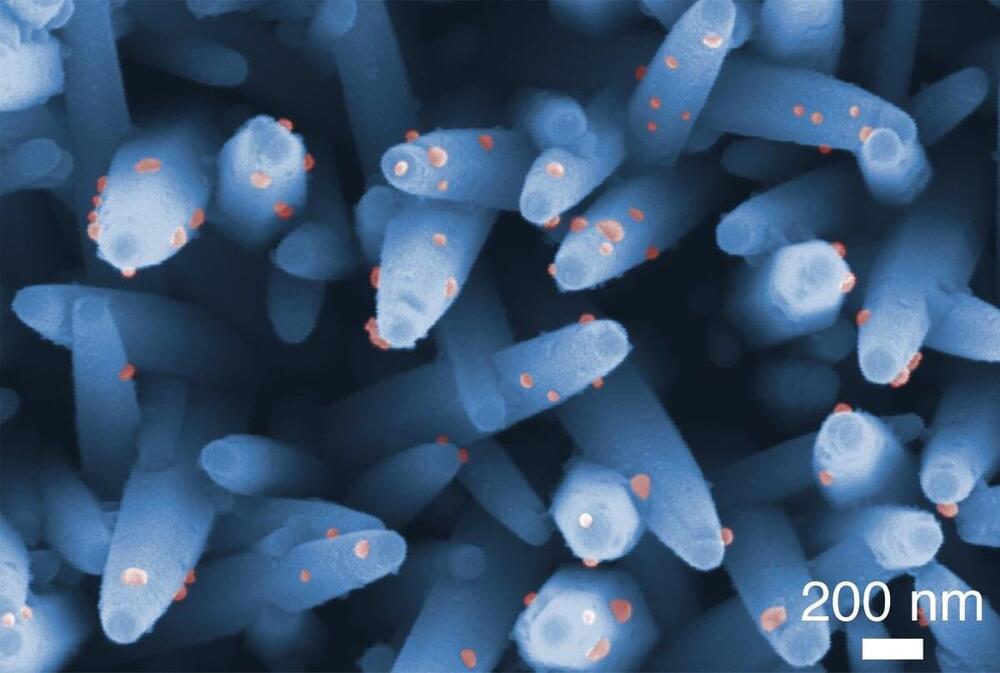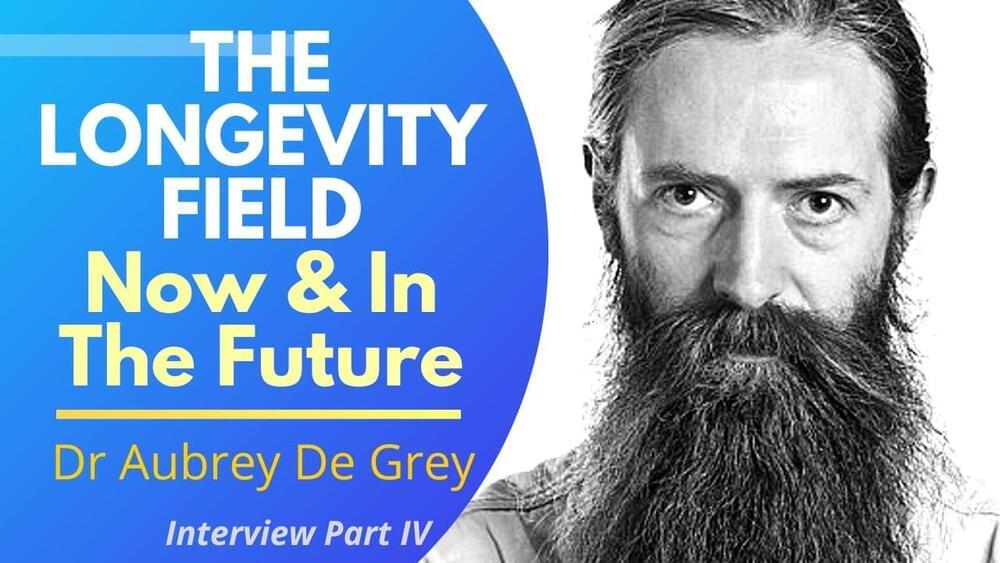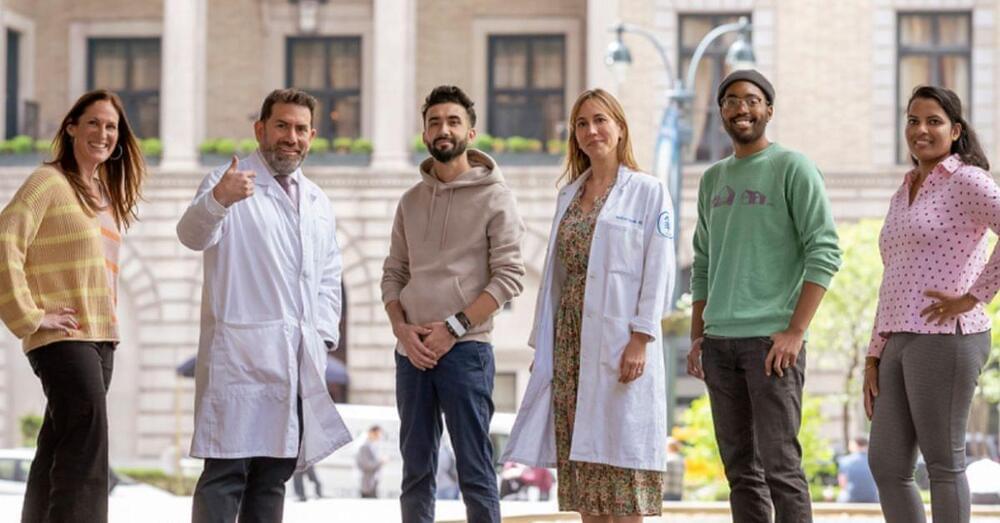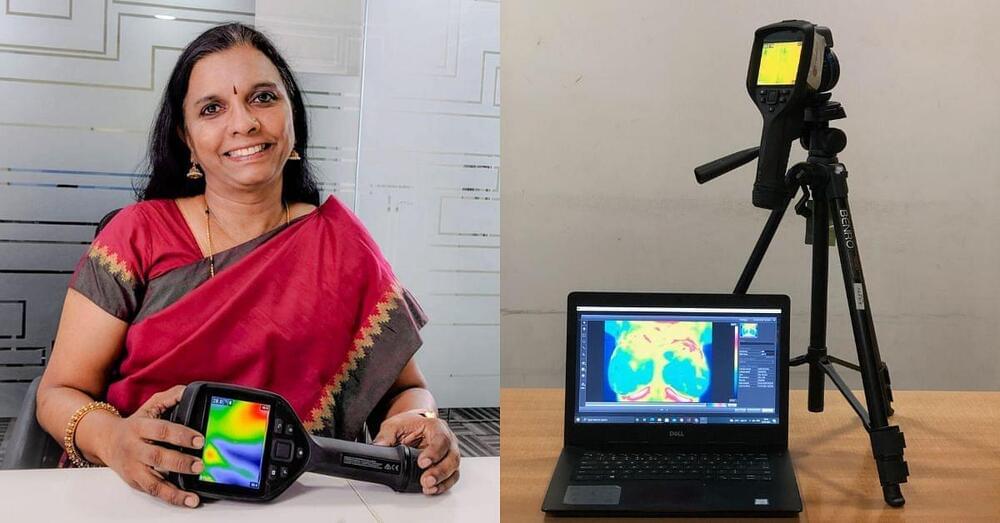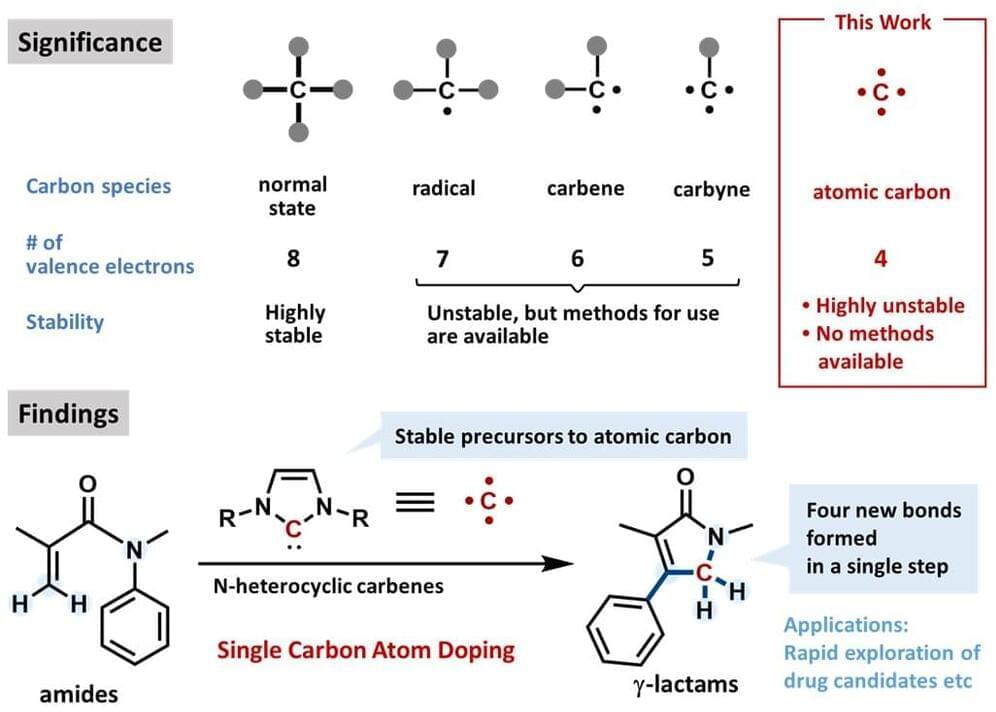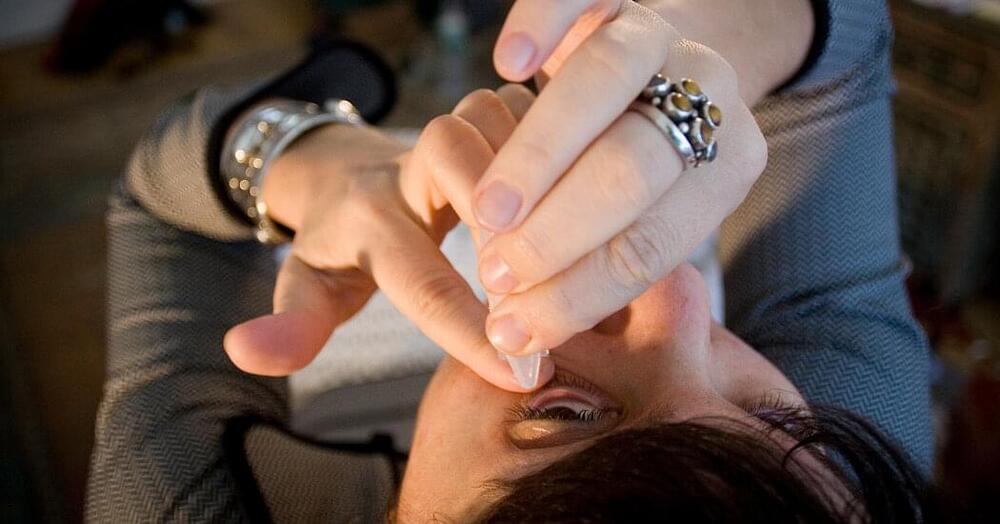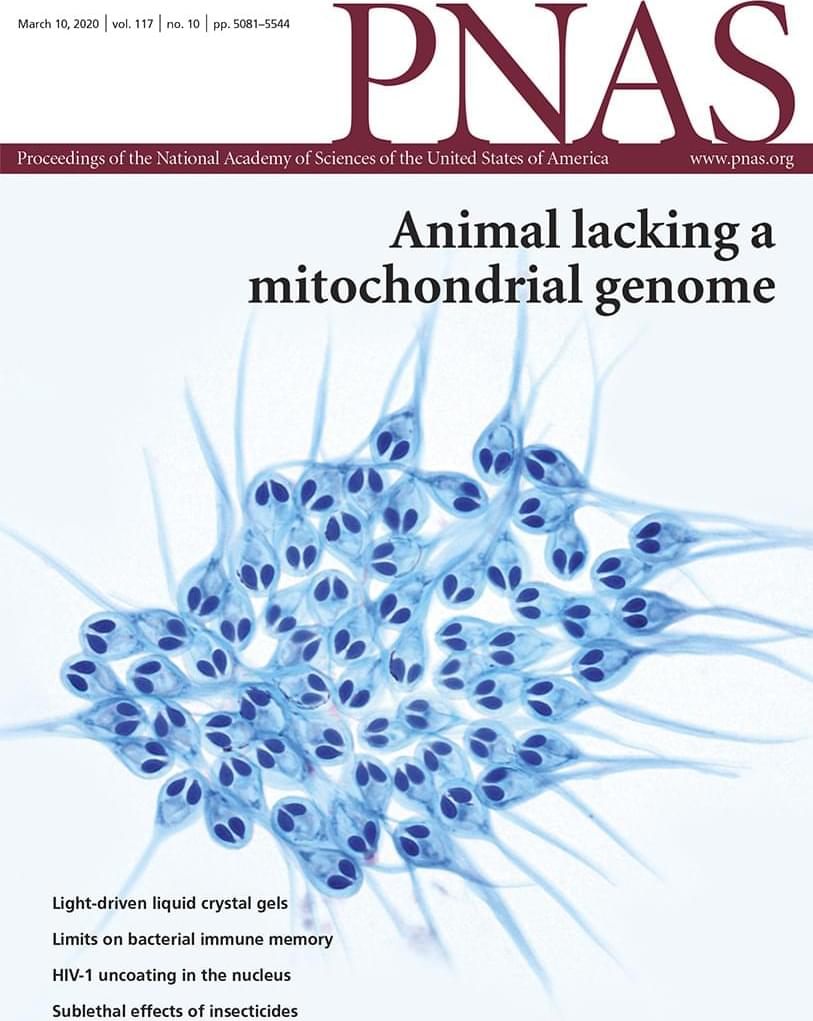
Year 2020 This type of parasite that feeds on salmon actually doesn’t need oxygen to live. Which means eventually there could be even gene editing that could essentially allow humans to not need as much air or could be independent of oxygen but only need anaerobic metabolisms perhaps. Really this can only expand our understanding of new ways to evolve humans to the next level.
Although aerobic respiration is a hallmark of eukaryotes, a few unicellular lineages, growing in hypoxic environments, have secondarily lost this ability. In the absence of oxygen, the mitochondria of these organisms have lost all or parts of their genomes and evolved into mitochondria-related organelles (MROs). There has been debate regarding the presence of MROs in animals. Using deep sequencing approaches, we discovered that a member of the Cnidaria, the myxozoan Henneguya salminicola, has no mitochondrial genome, and thus has lost the ability to perform aerobic cellular respiration. This indicates that these core eukaryotic features are not ubiquitous among animals. Our analyses suggest that H. salminicola lost not only its mitochondrial genome but also nearly all nuclear genes involved in transcription and replication of the mitochondrial genome. In contrast, we identified many genes that encode proteins involved in other mitochondrial pathways and determined that genes involved in aerobic respiration or mitochondrial DNA replication were either absent or present only as pseudogenes. As a control, we used the same sequencing and annotation methods to show that a closely related myxozoan, Myxobolus squamalis, has a mitochondrial genome. The molecular results are supported by fluorescence micrographs, which show the presence of mitochondrial DNA in M. squamalis, but not in H. salminicola. Our discovery confirms that adaptation to an anaerobic environment is not unique to single-celled eukaryotes, but has also evolved in a multicellular, parasitic animal. Hence, H. salminicola provides an opportunity for understanding the evolutionary transition from an aerobic to an exclusive anaerobic metabolism.

